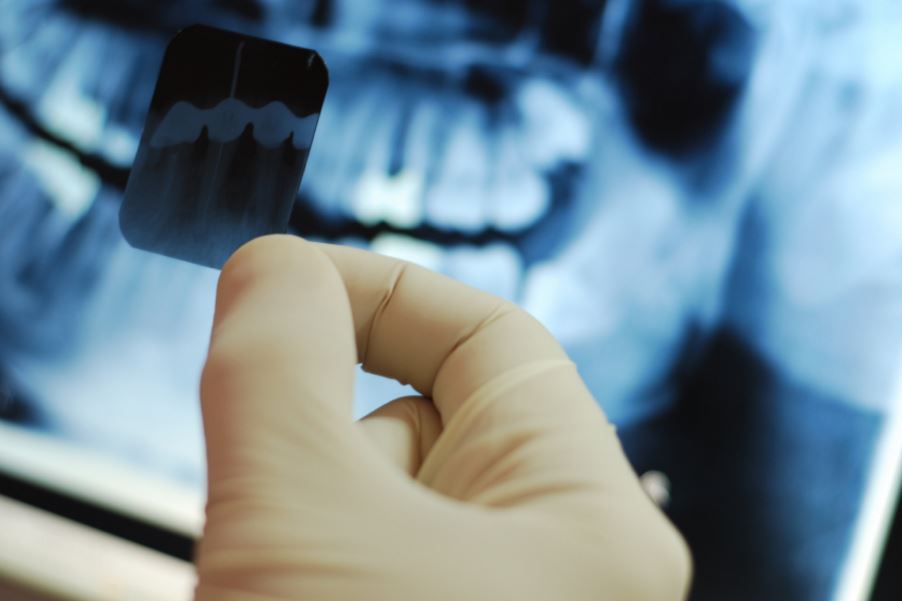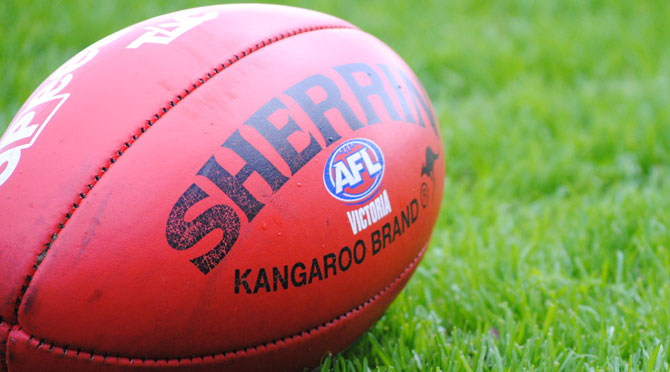When dentists perform a dental check-up, they are limited to what they can see in your mouth – they can only see the part of the tooth that sits above the gumline. Even then, dentists cannot see clearly between teeth where they touch. So just like other x-rays ordered by medical doctors to check for things like broken bones, dentists use dental x-rays to help see the parts of your teeth that sit below the gums and the surrounding bone.
What problems can dental x-rays show?
Dentists may take different types of x-rays depending upon what structures they are trying to view. Larger x-rays often provide a broader overview and are often taken outside the mouth. Smaller x-rays (where the x-ray film is placed inside the mouth) are used to show a smaller area in more detail, such as the area between two teeth.
Conditions which may show up on x-rays include (but are not limited to);
• Tooth decay, including the presence of decay between your teeth and/or underneath fillings
• Tooth abscesses
• Bone loss associated with Peridontal (gum) disease
• Cysts, or areas of chronic infection which can be associated with unerrupted teeth, or teeth which have suffered some sort of trauma
• Developing teeth – whether they are present and whether they appear as expected in the correct location
• The presence of extra teeth or alternatively the absence of teeth
• The presence of wisdom teeth and their position
• Traumatic injuries such as tooth and/or bone fractures
• The presence of any growths
• Inflammation of sinuses (on larger x-rays)
When should I get x-rays?
Your dentist will help you decide how often you should have dental x-rays as everyone’s needs are different. Dentists may suggest that you undergo a series of x-rays when they have not seen you before as a patient, so that they can complete a comprehensive examination and advise you of your overall dental status. Dentists may also require patients to have dental x-rays in order to either plan dental treatment, monitor treatment outcomes or to assist with treatment procedures.
Dentists might recommend dental x-rays depending on:
• Whether the dentist has seen the patient before
• A patient’s age
• A patient’s dental history
• The presence of symptoms requiring investigation
• The number of teeth present
• The visible condition of the patients teeth and gums
• The treatment being proposed and/or provided at the time
• The extent of disease and the need to monitor treatment outcomes



